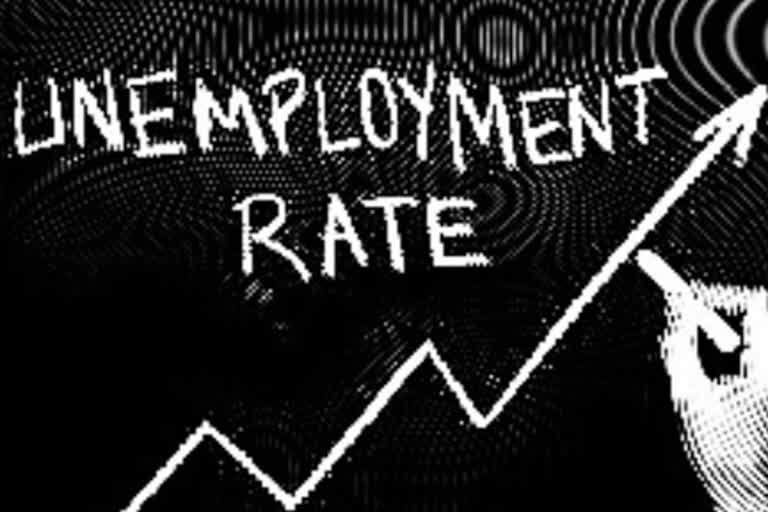Hyderabad: The deadly coronavirus is destroying lives and livelihoods across the world. Employment opportunities are plummeting at an unprecedented rate. Not only the workers in India’s unorganised sectors but also freshers during IIT campus placements are bearing the brunt.
The International Labour Organization (ILO) recently assessed that there is an imminent threat to 125 crore livelihoods worldwide. It warned that up to 40 crore unorganised sector workers in India could risk slipping into poverty. The Center for Monitoring Indian Economy (CMIE) report, along with the ILO study, revealed that unemployment in the country has almost tripled in the third week of March.
Six months ago, the global recession became more pronounced. The economic slowdown had already engulfed many sectors like agriculture, automobile, real estate, communications and hospitality. After the COVID-19 outbreak, even the Prime Minister agreed that World Wars did not affect as many countries as coronavirus did.
To what extent is the Indian government successful in finding the solution to this crisis?
Economists have previously praised the initiatives of the government of the US, UK and Germany in boosting public spending as an antidote to the recession. Similar long-sightedness was seen when the WHO declared COVID-19 a pandemic.
The UK government announced £330 billion (INR 30 lakh crores) financial stimulus, with mortgage holidays, tax cuts and grants. The government agreed to pay 80 percent of the salaries of various company employees.
For its part, the US is helping its workforce by shelling out a huge stimulus package. Australia has doubled the unemployment benefit payments. Germany, France, Singapore and UAE are supporting their small-scale industries.
Even though experts said that this is the greatest crisis in Independent India, the systematic support is nowhere to be seen.
The Employees’ Provident Fund Organization (EPFO) has recently called for the company owners not to dismiss employees or deduct their salaries. The Confederation of Indian Industry (CII) has chalked out the actual plan of action.
The CII mandated that the Centre should pay PF share in companies with less than 100 employees. The Centre should also pay salaries of those covered under ESI, and the salaries of employees of GST registered companies.
Economic support and creation of new employment opportunities in the place of lost ones must become the goals of government.
The Micro, Small and Medium Enterprises (MSME) which account for 45 percent of the manufacturing sector and 40 percent of exports, are awaiting support from the government. 70 percent of the MSME could not pay salaries to their employees in the month of March.
In order to curb unemployment, the government’s welfare schemes must begin with micro-enterprises.



